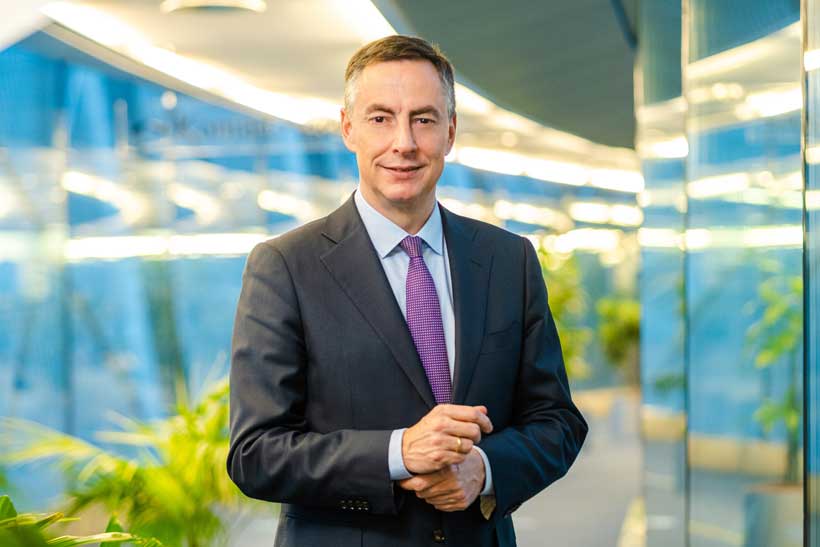With wars still raging in Ukraine and the Middle East, the two-year-old conflict in Sudan has struggled at times to make the international news headlines. But the UN calls it the world’s worst humanitarian crisis.
As Chairman of the influential European Parliament’s Foreign Affairs Committee, David McAllister is one of the most senior and respected politicians at the EU level.
Speaking to this site, he has called on all sides in the bitter conflict in Sudan to do more for peace in the embattled country.
Center-right Euro deputy McAllister said, “The situation in Sudan remains catastrophic. After more than two years of conflict, thousands of people have lost their lives and millions have been displaced.”
“The continuing violence is inflicting immense suffering on the Sudanese people. It poses a serious threat to the stability and security of the wider region.”
The vastly experienced and widely respected German deputy was speaking to this website in the wake of an EU Council meeting (20 October) where the issue of Sudan was discussed by foreign ministers from each of the EU’s 27 member states.
The 27-strong block pointed out the war has caused the loss of thousands of lives and “immense hardship” for the Sudanese people for more than two years.
They also stated that the bitter civil war poses a “serious threat” to stability and security across the wider region.
The MEP said that the EU Council conclusions “have made clear that the unity, territorial integrity, and stability of Sudan are at serious risk, with growing fragmentation along political and ethnic lines. Any attempt to partition the country must be firmly rejected.”
“The responsibility for ending the conflict lies with the leadership of the Sudanese Armed Forces and the Rapid Support Forces, and with those who support them.”
The MEP, who is a senior member of the EPP group, the longtime biggest political group in the EU Parliament, added, “All parties must engage constructively in negotiations towards an immediate ceasefire and a credible, inclusive peace process. Humanitarian access must be guaranteed, civilians must be protected, and there must be a clear commitment to restoring civilian governance and the rule of law.”
The deputy, a member of the European Parliament since 2014 and a member of the Christian Democratic Union in Germany, said, “The European Union has demonstrated its engagement by co-chairing the Paris and London conferences for Sudan and its neighboring countries and by providing substantial humanitarian assistance.”
A lawyer by profession, he said the European Union will “continue to be actively involved, working in close coordination with regional and international partners. We stand ready to use all instruments at our disposal to support a peaceful resolution.”
Once seen as a potential successor to Angela Merkel, McAllister has chaired the influential committee since 2017.
He concluded, “The Sudanese people have an inherent right to peace, justice, and freedom. Their aspirations for a democratic and stable Sudan deserve the full support of the international community.”
Separately, the EU says it has now defined “certain asks” to all parties to the conflict.
These include “constructive engagement in negotiations towards an immediate ceasefire and in a credible inclusive peace mediation process, leading to a sustained cessation of hostilities; ensuring rapid, unimpeded, and sustainable humanitarian access and the protection of civilians across all of Sudan; credible commitments to facilitate a genuinely inclusive, representative, and independent civilian governance; and restoring and strengthening rule of law, accountability, respect for international law, including international humanitarian law and human rights law, and justice in Sudan.”


